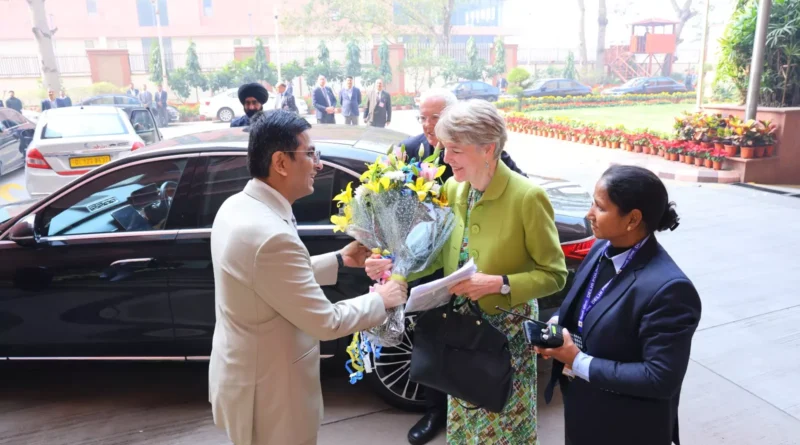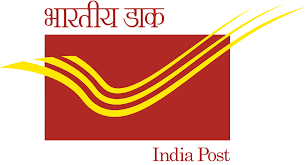The Supreme Court of India is notably more inclined to consider invoking international law compared to the highest courts in other nations: Judge Hilary Charlesworth of the International Court of Justice.
During her lecture titled “The International Court of Justice: A Legal Forum in a Political Environment” at the Supreme Court of India on February 10, Judge Hilary Charlesworth of the International Court of Justice shared insights from her experiences and observations regarding judicial impartiality, scholarly critiques, and the political challenges encountered by the ICJ over the years.
Justice Charlesworth highlighted the challenges encountered by the ICJ in preserving its confidence and independence amid issues blending global politics and human rights. She recalled a notable instance from The South West Africa Cases of 1960, where the ICJ delivered a split verdict (8:8) against Ethiopia and Liberia. This event led to skepticism from the global south regarding the credibility of the international adjudication forum.
Judge Charlesworth added that the ICJ can learn from various national courts on judicial independence.
“The International Court of Justice can learn from national courts about judicial independence. Both the ICJ and India’s Supreme Court operate in highly charged political environments. What is commendable about the Supreme Court of India is the quality of introspection,” she said.
In her address, Judge Charlesworth also reflected on her friendship and the shared postgraduate academic experience with Chief Justice of India DY Chandrachud. she said, “The Chief Justice of India and I first met over 40 years ago. We explored the richness of Harvard. He stood out even then as a very generous and intelligent person. Our families have deeply valued the friendship and we hope it is carried onto the next generation,” she said.
In his speech, the Chief Justice of India emphasized the primary duty entrusted to the Supreme Court of Independent India, which was to assist the nation in overcoming its colonial past and setting out on a path toward a brighter future, in line with the visionary principles outlined in our Constitution. He noted that our founding era cannot be understood without considering the political context of that period.





